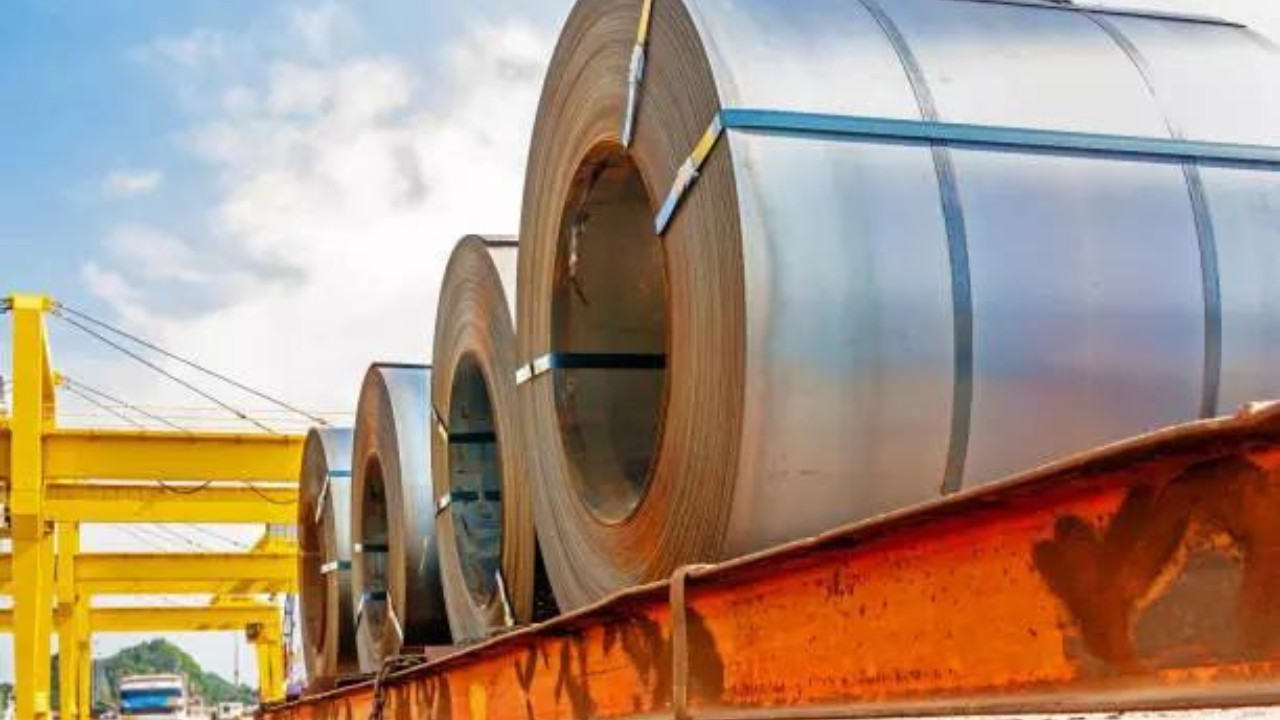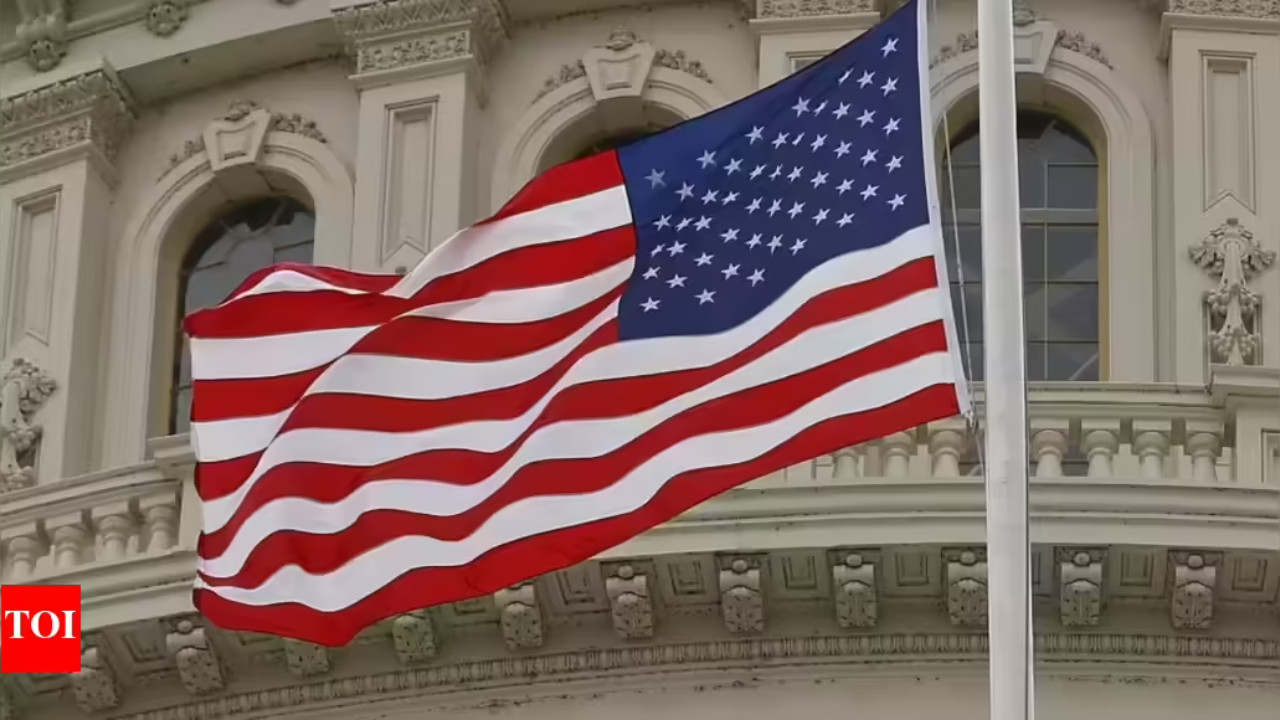The Indian stainless steel industry wants anti-dumping duties. They are concerned about cheap imports. These imports come from countries like China and Vietnam. The industry body has asked for an investigation. They aim to protect domestic companies. The industry feels this is urgent due to global trade issues. India’s stainless steel imports have increased recently.
Storm Clouds Gathering: Can India’s Steel Industry Weather the Import Surge?
The air around India’s steel mills feels a little heavier these days. The clang of metal still rings out, furnaces still roar, but beneath the surface, a quiet anxiety is brewing. It’s not about demand – India’s appetite for steel remains robust, fueled by infrastructure projects and a growing economy. The worry stems from a rising tide of cheap steel imports flooding the market, threatening to undercut domestic producers and destabilize the industry.
Imagine a local artisan, carefully crafting intricate metalwork. Now, imagine a factory churning out mass-produced imitations at a fraction of the cost. That’s the dilemma facing Indian steelmakers. These cheaper imports, often subsidized or produced under less stringent environmental regulations, are creating an uneven playing field. The question now is, how can India’s steel industry level that field?
The Case for Safeguards: Protecting Domestic Steel Production
The industry isn’t just sitting idly by. They’re actively petitioning the government for support, pushing for measures like anti-dumping duties. Think of anti-dumping duties as a shield, a protective barrier designed to prevent foreign companies from selling steel in India at prices below their cost of production, or lower than prices in their home markets. This practice, known as “dumping,” can cripple domestic industries by forcing them to compete against artificially low prices.

The argument is compelling: Protecting the domestic steel industry isn’t just about protecting profits; it’s about safeguarding jobs, fostering technological innovation, and ensuring India’s long-term economic security. A healthy domestic steel industry is vital for infrastructure development, manufacturing growth, and the overall strength of the nation’s economy. It serves as the backbone for so many other key sectors.
Navigating Trade Winds: The Urgency of Action
The timing is critical. The global trade landscape is becoming increasingly complex, with rising geopolitical tensions and fluctuating currency values adding layers of uncertainty. These factors make it even more challenging for Indian steelmakers to compete fairly against subsidized or unfairly priced imports.
It’s not just about the immediate impact of cheaper steel either. Long-term, unchecked imports could discourage investment in new technologies and upgrades, ultimately hindering the industry’s ability to innovate and remain competitive in the global market. This could lead to a dependence on foreign sources for a critical material, jeopardizing strategic independence.
Think of it like this: a local farmer needs support against subsidized foreign grain to survive and keep feeding the nation. Similarly, the steel industry needs a fair chance to thrive and fuel India’s growth.
Beyond Anti-Dumping: A Multi-Pronged Approach
While anti-dumping duties are a crucial tool, they are not a silver bullet. A more comprehensive approach is needed, one that addresses the underlying issues driving the import surge. This includes:
* Streamlining regulations: Reducing bureaucratic hurdles and simplifying compliance procedures can help lower production costs for domestic steelmakers.
* Investing in technology: Supporting research and development and encouraging the adoption of advanced manufacturing technologies can improve efficiency and product quality. Related: Learn more about [the importance of R&D for Indian manufacturing](internal-link-to-related-article).
* Promoting sustainable practices: Encouraging the adoption of environmentally friendly steelmaking processes can enhance India’s reputation as a responsible producer and attract environmentally conscious buyers.
* Negotiating fair trade agreements: Actively pursuing trade agreements that eliminate unfair trade practices and ensure a level playing field for Indian steel exports.
The health of the Indian steel industry is intrinsically linked to the health of the nation’s economy. A proactive and multi-faceted approach is essential to ensure that India’s steelmakers can weather the current storm and continue to play a vital role in the country’s growth story. The next few months will be critical in determining whether the government will heed the industry’s call and take the necessary steps to protect this vital sector.
Securing the Future: A Call for Proactive Measures
The influx of cheap steel imports presents a significant challenge, but it also presents an opportunity. By proactively addressing the issue and implementing strategic measures, India can safeguard its domestic steel industry, foster innovation, and ensure its long-term economic competitiveness. The time for decisive action is now, securing a future where India remains a strong and self-reliant steel producer.







